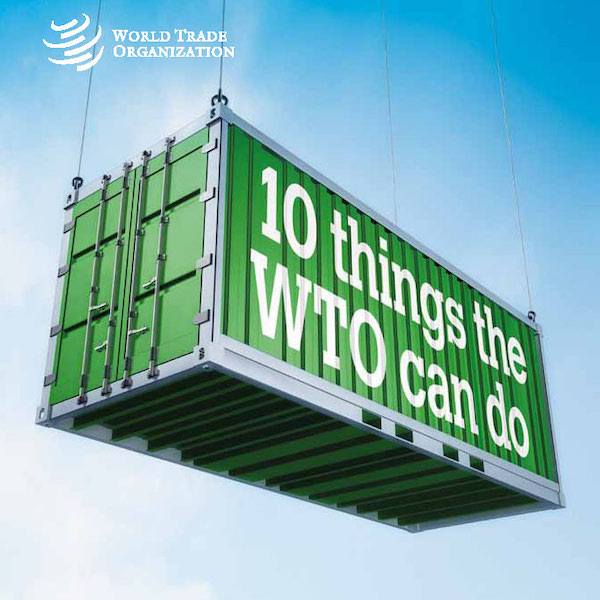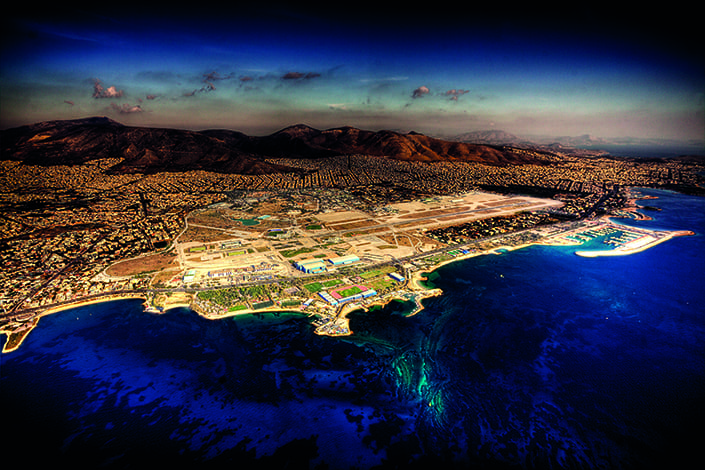Greece: Nothing Ventured, Nothing Gained
Share

After almost a decade in recession, Greece is on the road to recovery and appears to be back to stay. This reviving economy has gone through more downs than ups in the past few years but is finally seeing the light at the end of the tunnel. With a whole new legislative, political and economic infrastructure, the country is expected to reach financial stability in the next couple of years and continue down the road of sustainable growth.
The return of Greece to international capital markets via bond issuance last summer, the launch of a debt exchange in November, and the rating upgrade by both Fitch and Moody’s showed that investors again have confidence in Greece. And along with the privatisation programme and finalisation of the debt relief plan, this is ensuring a positive turn in the economy and restoring sentiment in the country. Fewer capital controls and the establishment of friendlier investment policies are giving individuals and companies more incentives to invest and be a part of what could be the next economic miracle.
As reported by the Bank of Greece, the GDP growth rate for 2017 is expected to come in at 1.6%. The Hellenic economy showed consistent GDP volume growth of around 0.5% in the three first quarters of last year and is expected to expand by 2.3% in 2018 and 2% in 2019.
“FOREIGN INVESTORS ARE BEING WELCOMED, AND INTERNATIONAL INDUSTRIAL GIANTS ARE LOOKING AT WHAT ATHENS HAS TO OFFER.”
Foreign direct investment has played a major role on the road to recovery, bringing growth back on track. According to UNCTAD’s 2017 World investment report, FDI flows to Greece almost trebled to $3.13bn in 2016 after 2015’s $1.14bn. Furthermore, according to the Greek Economy Ministry, FDI likely exceeded €4bn in 2017. Private investment has been steadily increasing competitiveness and business confidence, with many projects being implemented in the tourism, transportation, infrastructure, communications and finance sectors.
To achieve better, steadier and more diverse economic growth, the Greek government has been focusing on the State Privatisation Program, through which the country expects to attract investment and establish the basis for economic development. For this purpose, the Hellenic Republic Asset Development Fund (HRADF) was established in 2011. It is in charge of the promotion and implementation of the privatisation process, leveraging the private property of the State, promoting and leading efforts to increase investment, generate employment and mobilise resources into the economy.
Since its creation, and by following the three main principles for achieving its mandate – clarity of purpose, transparency of process and speed – the HRADF has led the privatisation of State entities to fund the payment of national debt to the tune of at least $50bn. It has guaranteed the accountability of investment projects in various sectors and has enhanced the relationship between the government and investors, allowing the development of numerous construction projects as well as strengthening the tourism sector, job creation and consumption. Consequently, investments in the natural gas infrastructure, national lottery, water supply and several national ports have been part of the HRADF auctions that have been boosting the Greek economy.
Foreign investors are being welcomed, and international industrial giants are looking at what Athens has to offer. Assets being offered in the plan for 2018 include 30% of Athens International Airport; 35% of Hellenic Petroleum; 65% of gas company DEPA; the yacht harbours in Athens, Chios Island and Alimos; Egnatia motorway; the final phase of the sale of 66% of the shares of gas company DEFSA; and the sale of 17% of the National Electric Company.
Changes planned in the government aiming to restructure the State sector, creating private-sector jobs in ambitious projects that will support the emergence of new economic activities and boost employment and consumption. Among the important ongoing projects are the Trans Adriatic Pipeline, Hellinikon Airport, and Ethniki Insurance. With the country ready to actively participate in capital markets and improve its position in the secondary asset markets and the yield on the Greek benchmark 10-year bond over 3.8%, more and more investors are taking advantage of the unique economic and geostrategic advantages that the Hellenic country has to offer.
It is no secret that there´s still a long way to go before a full recovery for this storied Mediterranean country, but Greece is slowly but surely building the foundations of a sustainable economy with plenty of unique opportunities for investors. Hellenic potential is tempting companies willing to position for its recovery and be a part of the journey to success, and after all, as they say, nothing ventured, nothing gained.


























